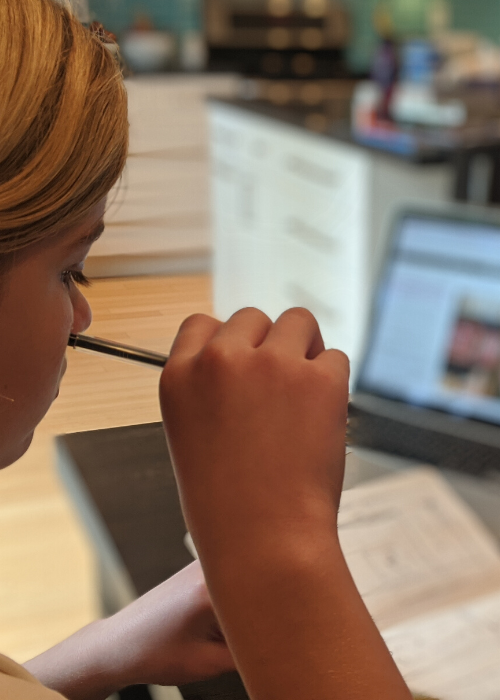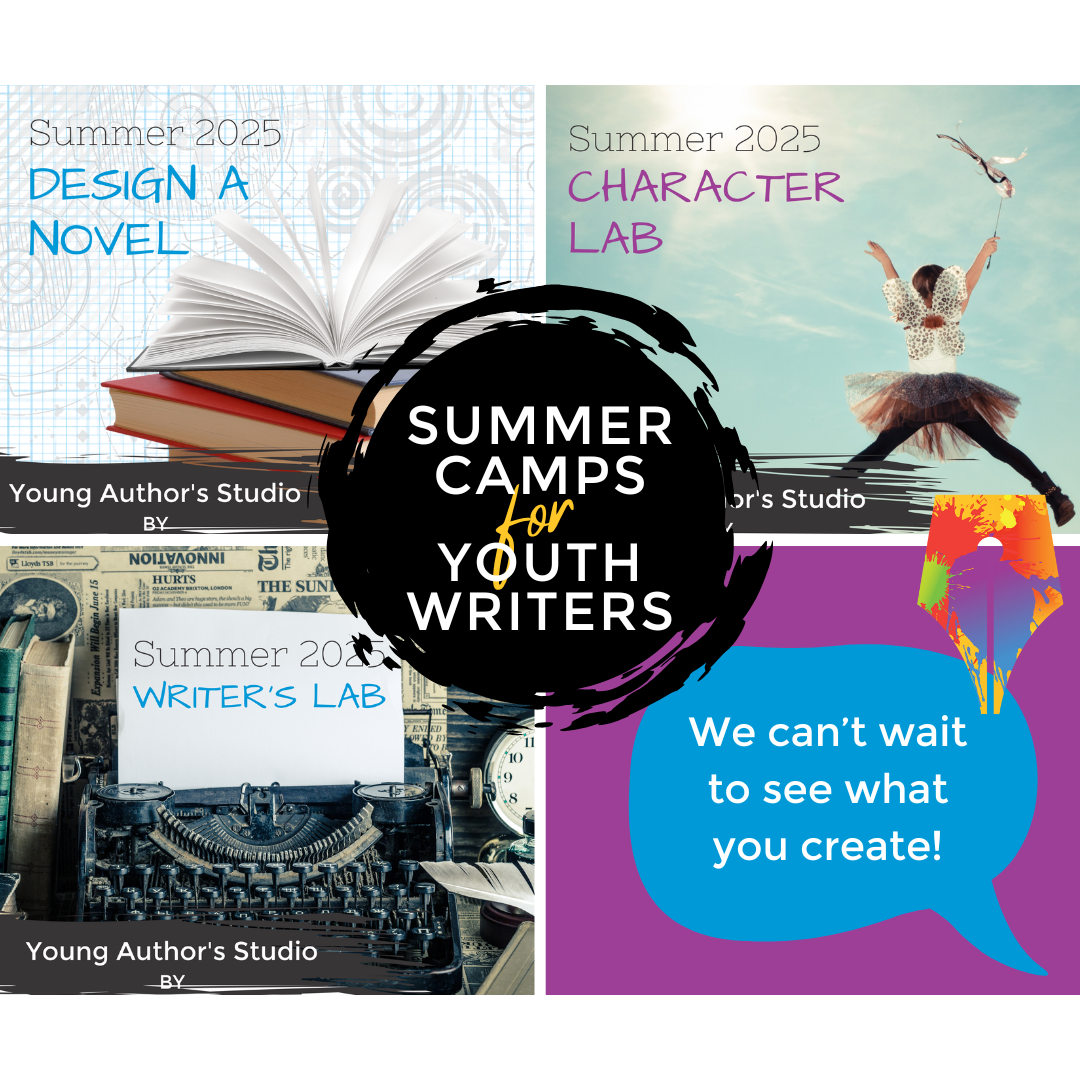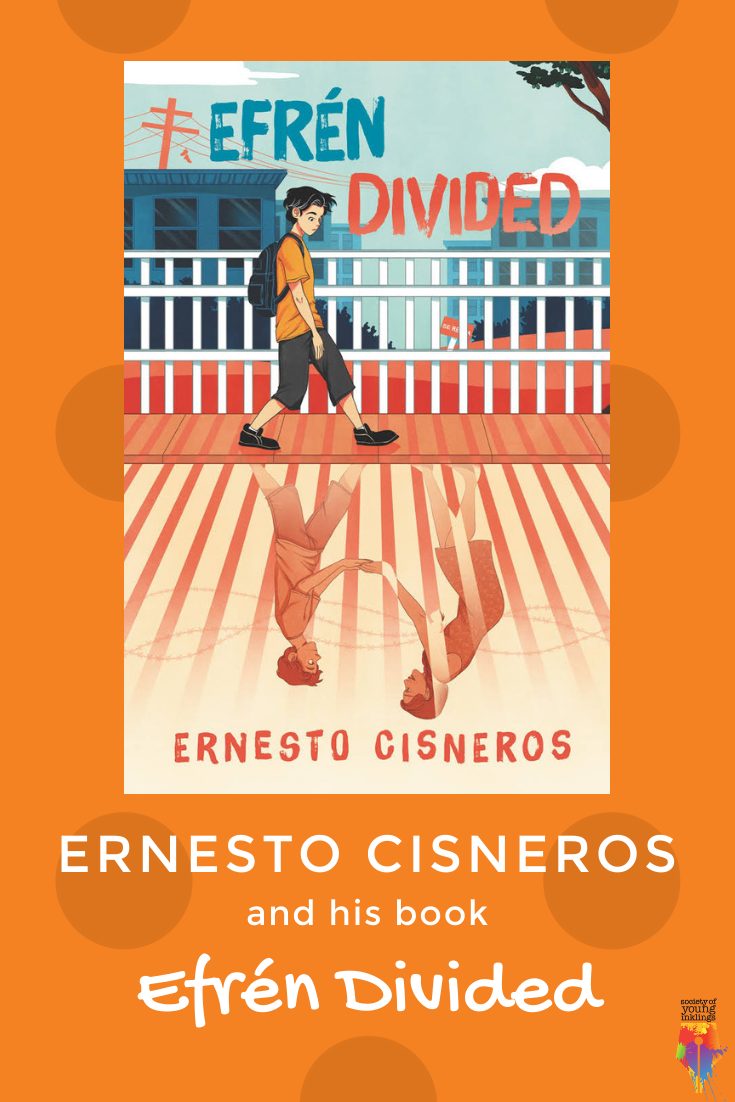Writerly Play Kit 019
Writerly Play at Home
Writerly Play for Educators
Writerly Play at Home
When we decided a few years ago to take Writerly Play into the online learning space, we had a number of questions. We were committed to scaling our resources online, and thus better serving our community of educators and youth. However, we didn’t want to lose the magic that makes Society of Young Inklings unique: the way we’ve always started each writing session with, “Let’s play!”
We asked ourselves: How might we use our special blend of improvisational and visualization activities even if we aren’t face-to-face in classrooms?
It’s a question many of us are asking ourselves right now, with schools being closed due to social distancing and students studying from home. How can learning be collaborative, energetic, curiosity-sparking, and playful, even if there’s a screen involved?
In this WP Kit, we’ll share some of the games and activities we’ve found that work best when teaching online. We’ll also give you few options for how you might utilize Inklings resources with your at-home learners in the upcoming months.

Games to Play with At-Home Learners
CHOICES
The game of Choices is an Inklings favorite. We usually ask learners to stand up and move to one side of the room or the other based on their choice. When they’re on screen, stepping to the right or left is a workable alternate. You can also ask writers to point to one side or the other to indicate their choice, or to hold up a colored card–red or blue, for instance.
Three ways you might use this game:
- As an idea-generating warm-up: Ask a series of questions about which situation the writer would prefer, such as a visit to outer space or the deep sea.
- As a character development exercise: Ask a series of questions about what a character would prefer.
- As a world-building exercise: Is your world like this or like that?
I generally start with an either/or question that I know will create resistance, usually a difficult one such as whether they want to face off with a giant spider or giant snake. Then, I can address how the objections and problems that leap to mind as they force themselves to make a choice are the sparks that fuel new ideas. We discuss how friction is great, because it gives us information we may not otherwise have known about ourselves, about our characters, about our story.

MAP A SPACE
While we do facilitate movement-based visualization games in our videos, we’ve also found that map-making is an excellent way to capture ideas during a guided visualization.
As the facilitator of Map a Space, you might walk writers through a series of questions. Picture the place where your character lives. Where is your character’s home? Are there other houses in the neighborhood? Where is their school? Alternately, writers might map a bedroom or hideout as a character development activity, or create a map that traces where characters might travel through a plot.
While mapping can provide an excellent idea-generation opportunity, consider also using a map as a revision or planning activity. The nature of guiding thinking question by question allows you to facilitate the thinking process of better understanding a hero or villain’s motives, for instance. This thinking can be done prior to writing a scene as a way to deepen thinking before words hit the page. It can also be done after a first draft as a way to better see what’s working in the story and what can be improved. The physical artifact can be shared as an image, or held up to the camera via Zoom and provides a tool for teachers and peers to discuss other writers’ stories in a holistic way.
INTERVIEW
The Interview game provides a fun way to get to know a character or to explore a story you’re reading together as a class. If you’re using Interview as a reading game, each student might take on a different character, and the teacher facilitates as the “reporter” investigating what happened in the story to this point.
If you’re online with a larger group of students, you might ask the questions and have them write answers. If you’d like to hear some of the answers aloud, consider highlighting different students for each question. I use an imaginary spotlight to shine on one person or another as a way to keep the focus moving from one student to another. I might say, “Spotlight on Meghan,” and then after she’s shared, move on to “Spotlight on Amir!”
When spotlighting students, I facilitate more like an improv game than a circle share. If someone says, “Ummm…” I say, “Not to worry, I’ll be back. For now, spotlight on Henry!” By keeping the pace moving, energy rises and we all get a boost of positivity and can-do spirit.

CREATIVE WRITING FOR YOUR CLASSROOM
Throughout history, authors have developed fantasies as a response to big questions. A magical story world gives writers a place to play out conflict, heroism, fears and dreams. One way to give your writers room to explore their creativity, and also to build their overall writing skills, is to teach a unit based on our Fantasy Story Sprint. Right now, with all the emotions that are swirling, and with the questions, frustrations, and fears they’re encountering, the Fantasy Story Sprint is a win on various fronts.
In the Fantasy Story Sprint, writers are guided through a writing experience–designing, drafting, and revising a short story in five sessions. You might offer the program in a one-week sprint, or spread it out over time. The Story Sprint is designed to help writers learn how to push themselves to draft fast and revise later. Writers who struggle to finish pieces–and so many do!–learn new strategies to speed up their work, to problem-solve blocks, and to navigate the tricky process of writing conclusion scenes that are more final than, “To be continued…”
We’ve formatted the classroom version of the Fantasy Story Sprint so that you can provide your learners with an unlisted YouTube link and downloadable workbook. With one license, you’re welcome to share the materials with your full class. We’re offering a 15% discount on that license as well, to make the program in reach for as many educators as possible. However, if you do still need financial assistance to take part, please don’t hesitate to reach out to us. Our mission is to serve you and your students to the best of our ability, during this challenging time, and also once we’ve weathered the storm, in years to come.
CREATIVE WRITING FOR DIFFERENTIATED LEARNING
Do you have a few learners who need a special challenge during their season of learning at home? If you have a budding novelist, an author/illustrator, or a creative thinker who needs a project-based learning experience that goes beyond what you’re able to offer in this season, consider taking advantage of Society of Young Inklings’ mentorship offerings.
For many students, the Drafting Workshop is a perfect fit–a light amount of mentor access, facilitated interaction with peer writers, and inspiring monthly resources and activities. Each month, writers have access to live activity sessions with our mentors, as well as an author interview, plus goal-setting and tracking tools so that they can make progress toward a personal passion-project goal. We have youth working on novels, illustrated short stories, collections of poetry, scripts, and a variety of other creative projects.
For other writers, a one-on-one mentorship may work better, our even our Your Name in Ink publishing program. We also have direct-to-student versions of our courses, such as the Fantasy Story Sprint. Students and parents can see the full range of at-home learning options at this page. We do have scholarship options, and are happy to answer specific questions to help you connect students with SYI resources. Feel free to reach out at any time.
If you’d like a simple way to introduce a parent and student to Society of Young Inklings, consider sharing a link to our free membership, which offers writers the opportunity to create a member profile, share a small amount of writing, and receive feedback from one of our mentors. For those writers who need an extra something right now, this opportunity is a hidden Inklings gem, and we’d love for you to take advantage of it!
“Writing is like any other sort of sport. In order to get better at it, you have to exercise the muscle.”
-Jason Reynolds
What’s Up At SYI this Month?
WRITING CHALLENGE FOR YOUR STUDENTS
Food and memories
This month, Ernesto Cisneros has challenged us to use our memories:
Take a sheet of paper and fold it in half. Now take THREE minutes to complete a list of some of your favorite foods. Then, on the other half, record all the memories you associated with each item. You will probably discover that your favorite foods are somehow connected/associated to your favorite memories.
With that said, you are now free to write a scene including that food item. Notice how much more meaningful the item now becomes.
Aim for between 350 and 1000 words. Have your students submit a response HERE and they might be published on our website!
INK SPLAT
Ernesto Cisneros
This month, we talk to author Ernest Cisneros about his book, Efrén Divided. In this exclusive interview, we learn about what inspired his novel and what he loves most about writing.
We asked Ernesto, “Did you face any challenges when writing Efrén Divided? If so, how did you work through them?”
There were so many. There were days that I didn’t know what would happen next. There were also days I thought I wasn’t good enough a writer to be attempting this. What worked best for me was simply allowing myself to write badly—really, really badly. Here’s the secret: Bad writing can be edited to become great writing. No writing will always remain… well, nothing.
The key for me is being willing to go back and revise, then go back and revise some more, then more, then again, and again—you get the idea.







